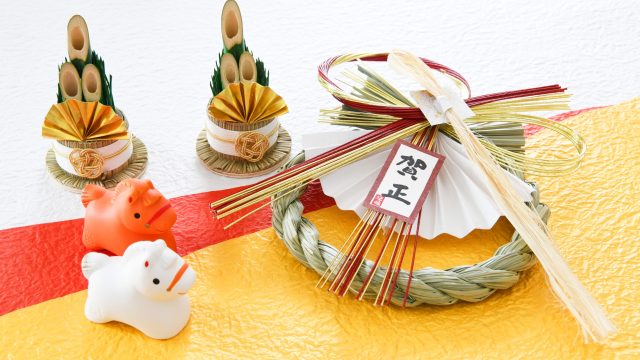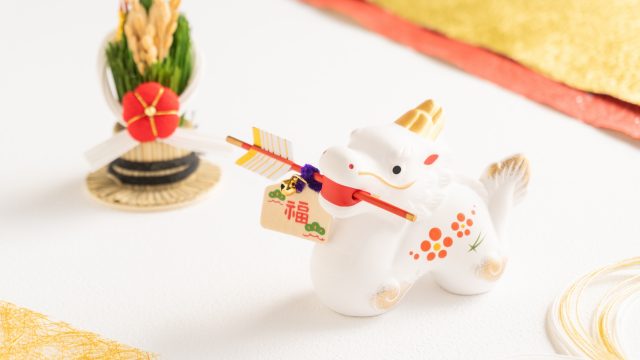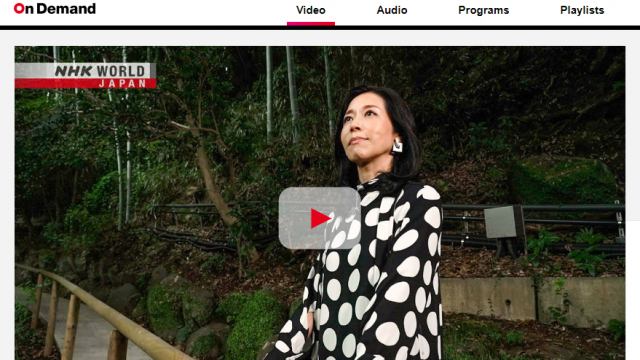This project aims to put together an anthology of haikus written by people from all parts of the world who respect and praise the importance of ‘life’ under the pandemic. It will be one of the first International Haiku collections on the pandemic curated by the people themselves. Submit Haiku
Latest news
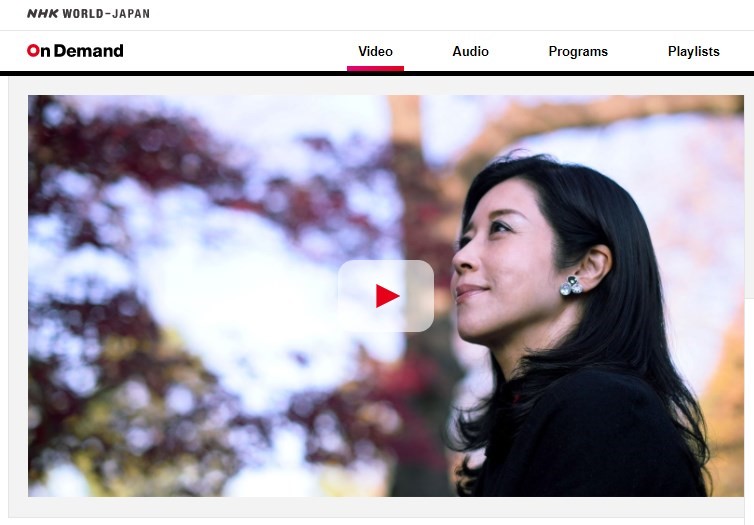
Preface
Haiku is a form of poetry that celebrates the small lifeforms that fill nature, such as flowers, birds, and insects.
With cherry blossoms in spring, fresh green leaves in summer, bright foliage in autumn, and light rains in winter, seasonal natural beauty and traditional events in Kyoto have always attracted many composers of haiku.
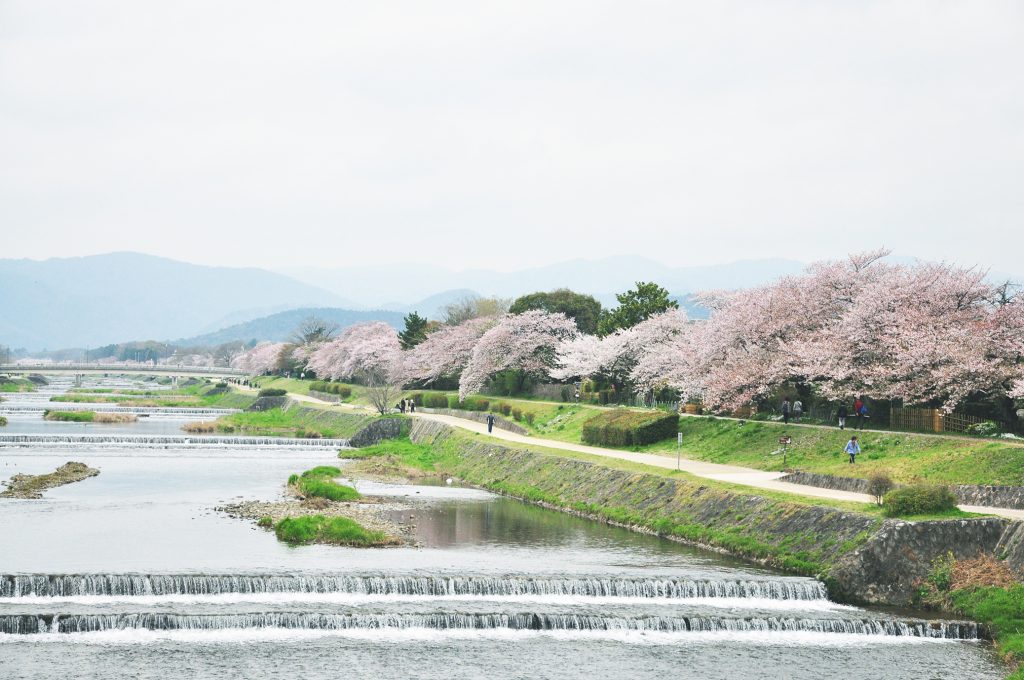
Places rich in poetical associations and often appear in classic poetry are called “Utamakura.” People visit these destinations to seek inspiration for composing their own thoughts in poetry and haiku. Kyoto is one such Utamakura.
This site was created so haiku lovers and Kyoto fans from all over the world can compose haiku about the seasonal scenery of Kyoto and form relationships through haiku.
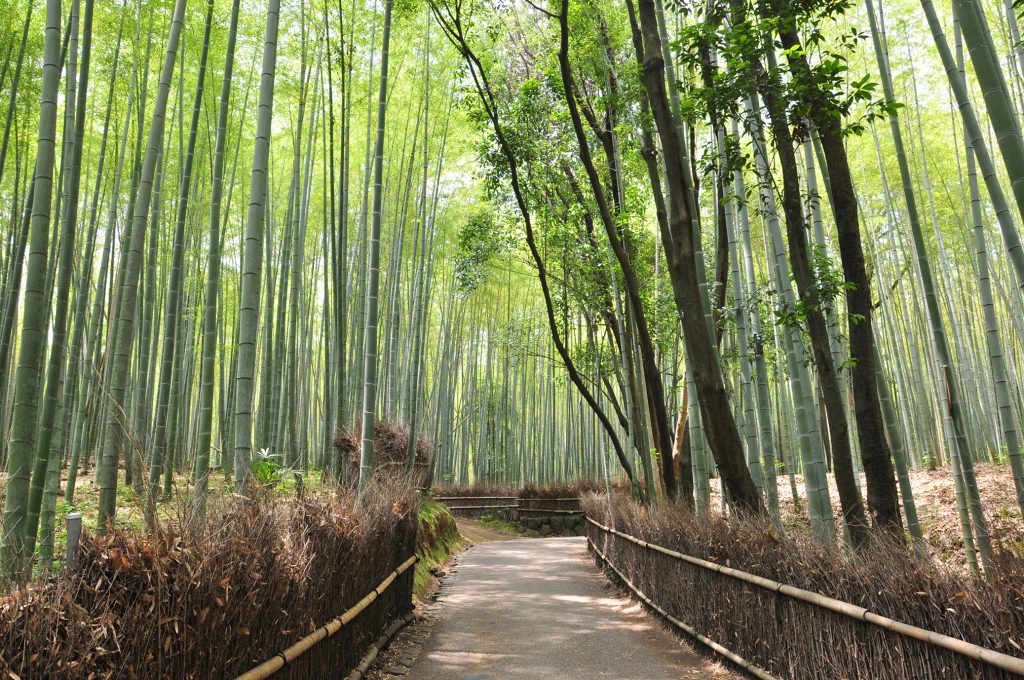
In this era of pandemic, it is our hope that you will look at living through the small window of haiku and glorify it in seventeen syllables.
Wouldn’t you like to experience new encounters through haiku?
From Kyoto to the world, from the world to Kyoto – haiku can be the poetry that weaves our lives.
Madoka Mayuzumi
Translation:Tyler Koltak, Matt McEnany, Ryoji Noritake
Translation:Tyler Koltak, Matt McEnany, Ryoji Noritake
Translation:Tyler Koltak, Matt McEnany, Ryoji Noritake
Translation:Tyler Koltak, Matt McEnany, Ryoji Noritake






